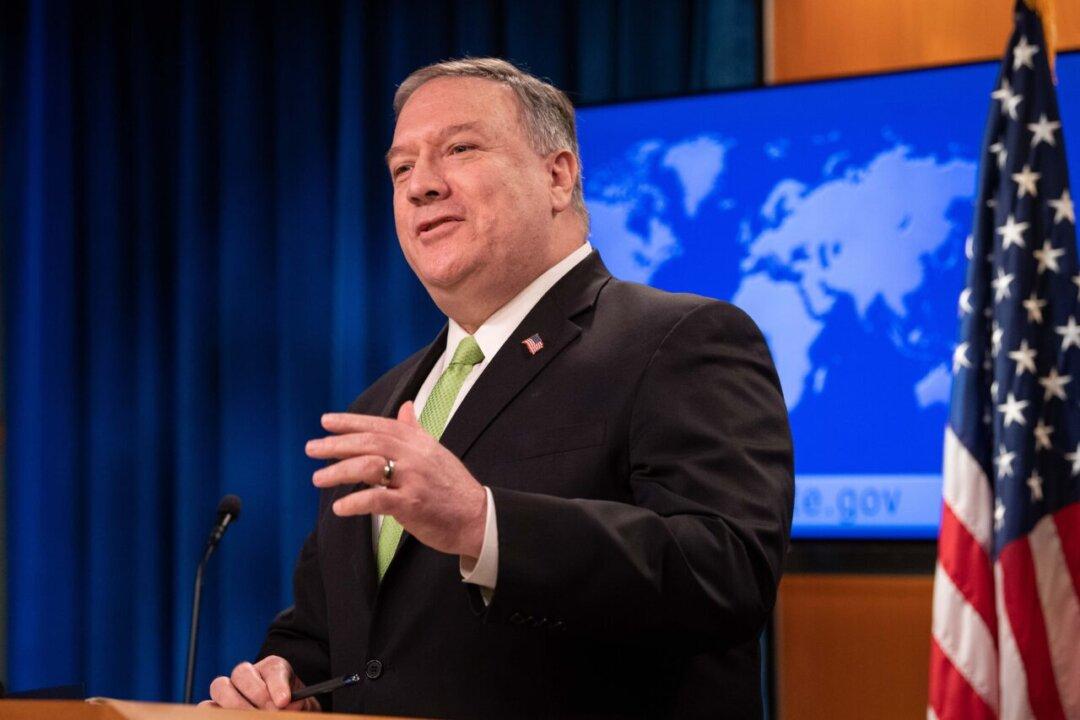A senior State Department official said that the Chinese side was not “really forthcoming” during the bilateral talks between Secretary of State Mike Pompeo and Yang Jiechi, the Chinese Communist Party’s top foreign affairs official, in Honolulu, Hawaii.
Assistant Secretary of State for East Asia and Pacific Affairs David Stilwell said at a press briefing on June 18 that China had, however, committed to following through on phase one of the U.S.-China trade deal during the talks, adding that trade would be a good acid test as to whether Beijing was a cooperative partner.





